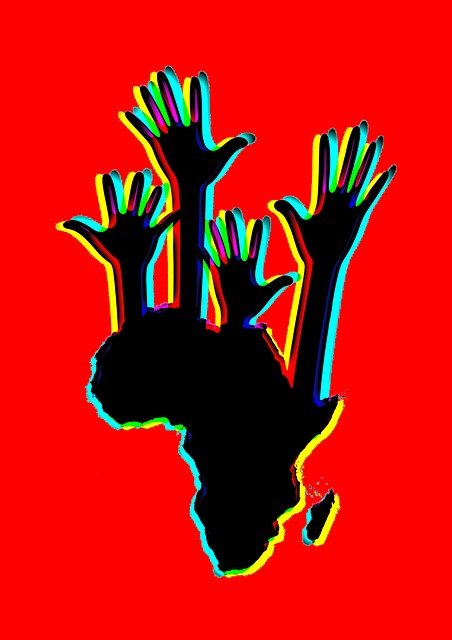 )
[source](
)
[source]( )
)
The pre-colonial era in Africa was marked by a diversity of political systems, ranging from centralized monarchies to acephalous societies. What's often overlooked is the intricate network of democratic institutions that existed within these societies. The Asafo, Council of Elders, Kingmakers, and youth groups among the Akans are prime examples of how power was distributed and checked to prevent abuse.
The colonial era, however, brought about a radical shift. The imposition of foreign rule not only suppressed indigenous governance structures but also introduced Western systems that were often incompatible with the cultural and social fabric of African societies. The legacy of colonialism still echoes in the challenges faced by African nations today.
Democracy is not a one-size-fits-all concept, and its success relies heavily on cultural compatibility and grassroots acceptance. The imposition of a specific model of democracy without considering these factors can lead to instability and unrest, as seen in various examples .
The criticism of leaders like Gaddafi and Kagame as dictators is indeed multifaceted. While the longevity of their rule raises concerns, it's essential to acknowledge the complexities of their situations. Democracy, is not a patented or franchised concept exclusive to the West. The media's portrayal of leaders should consider the nuances of each nation's political landscape rather than applying a uniform standard.
The aftermath of Western interventions in places like Libya, Somalia, and Sudan serves as a stark reminder of the potential pitfalls of imposing external models of governance. It's crucial for the international community to approach the promotion of democracy with a nuanced understanding of each nation's unique history, culture, and aspirations. The evolution of democracy in Africa should be a process driven by the people themselves, respecting their agency and building upon the foundations of their own rich political traditions.

